A majority of Swiss want closer ties to NATO – but with reservations

The Swiss population’s view of the global geopolitical situation is bleaker than ever – a pessimism which in turn impacts its view of NATO, according to a study.
For the current Swiss defence minister, Viola Amherd, the situation is clear: Switzerland needs to build closer ties with NATO. But for other actors in the political system, such a view is controversial.
Swiss neutrality law forbids any participation in a war between two foreign states. As such, the country cannot join a military alliance like NATO, which would imply a collective defence obligation in case of war.
However, building ties with other states or supranational organisations is not impossible – it’s even an element of Swiss neutrality policy, which explicitly foresees alliances with like-minded nations. Switzerland and NATO, for example, have cooperated for some time – for example via the Partnership for PeaceExternal link programme – and since the 2022 Russian attack on Ukraine, there has been an instinctive rapprochement between the pair.
Want to read our weekly top stories? Subscribe here.
The “Sicherheit 2024” (“Security 2024”) studyExternal link, published by the Military Academy at the federal technology institute ETH Zurich and the Center for Security Studies (CSS), shows how the Swiss population sees such issues – including what it thinks about international cooperation generally.
Worrying geopolitical situation
Firstly, the report finds, the Swiss are much more despondent about the global situation than in previous years: just 18% say they are optimistic about the future of global security – down six percentage points on 2023. The study’s authors say this is largely due to the war in Ukraine and the Israeli-Palestinian war.
In contrast, 79% of respondents view Switzerland’s future in an optimistic light. The perception of the Swiss security situation is also still extremely high, at 92% (down two percentage points). Overall trust in public institutions and authorities, at 6.8 points from 10, is above average, and rose by 0.3 points since last year.
The NATO question
The current edition of the study also puts a special focus on NATO. Over half of respondents (53%) say they are in favour of closer ties with the alliance – the 10-year average on this point is 43%. And while only a minority of 30% want to actually join NATO, the trend is similarly upwards; on this question, the 10-year average is 23%.
On more concrete questions, it appears that the population is not afraid of getting too close to NATO. Some 72% are in favour of working with the alliance on jointly developing militarily useful technology; 69% think Switzerland should use weapons systems compatible with those used by NATO.
However, a majority (58%) don’t want Switzerland to act as a host country for NATO events.
At 39%, support for the opposite idea – military autonomy – is also rising (by six percentage points), but is still below the 10-year average of 43%. The recent decision by Switzerland to participate in the European Sky Shield Initiative – a common air-defence system – is backed by 62% of respondents.
To summarise, write the report authors, the idea of political and institutional cooperation with NATO enjoys wide public support – as long as such cooperation remains at the level of discussion and planning. The same goes for technological cooperation, they write.
Swiss cooperation internationally
Beyond NATO, the study finds, the population backs international networking efforts, and isolationist voices are still a minority – though they have become louder since the outbreak of war.
For example, 82% (down one percentage point) are in favour of more economic cooperation with the European Union (EU). Some 76% (down two percentage points) support Swiss conflict mediation efforts, while 60% (down four percentage points) say Switzerland should advocate for United Nations-driven issues. All these figures are in line with the 10-year average.
However, there has been a shift when it comes to development aid: 58% (down seven percentage points) of the population says the country should commit more aid, well below the 10-year average of 64%. That said, seen in light of hefty development cuts recently decided in parliament, it’s still a solid declaration of public support.
Read more: how the Russian attack on Ukraine triggered similar trends in other neutral states:
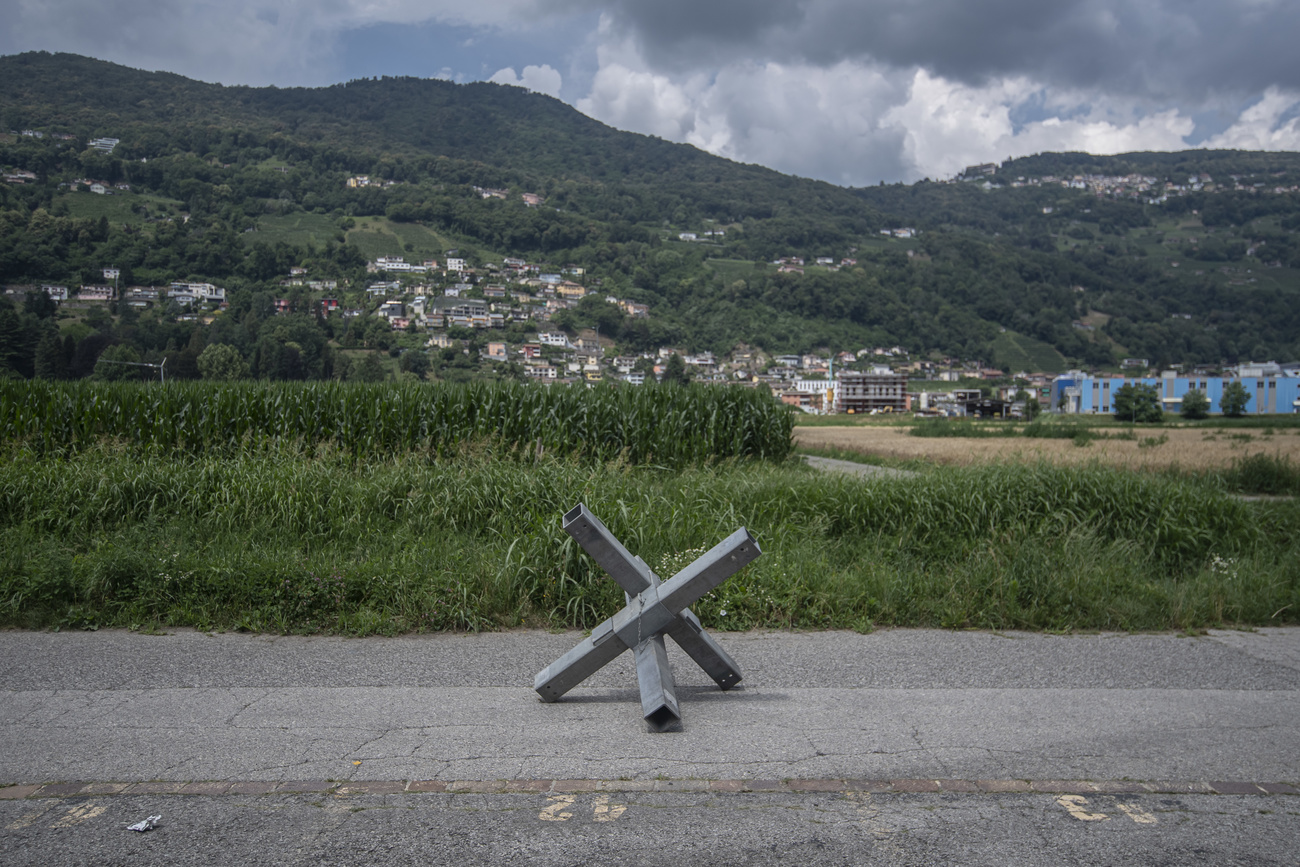
More
Explainer: Russia pushes Europe’s neutral states closer to NATO
Edited by Marc Leutenegger; translated from German by Domhnall O’Sullivan

In compliance with the JTI standards
More: SWI swissinfo.ch certified by the Journalism Trust Initiative









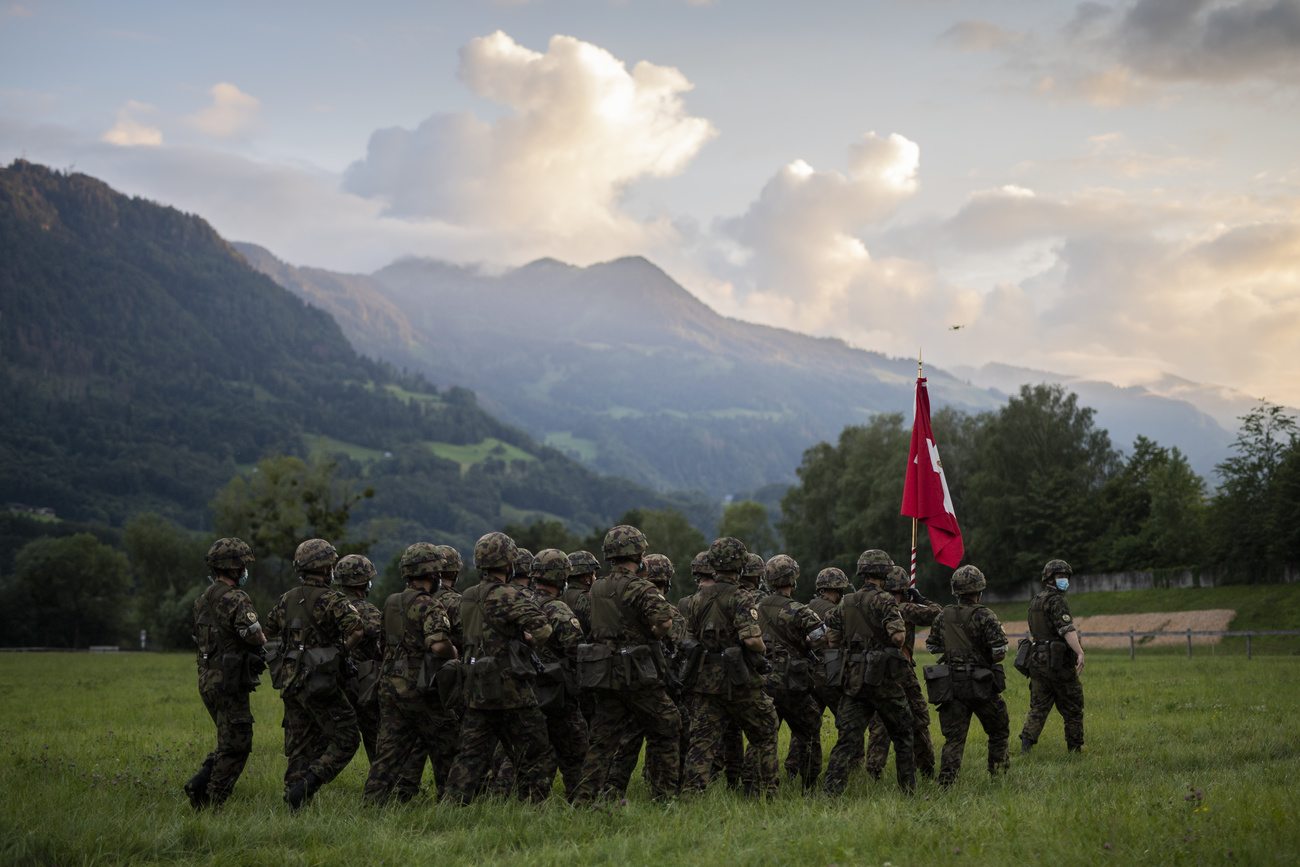
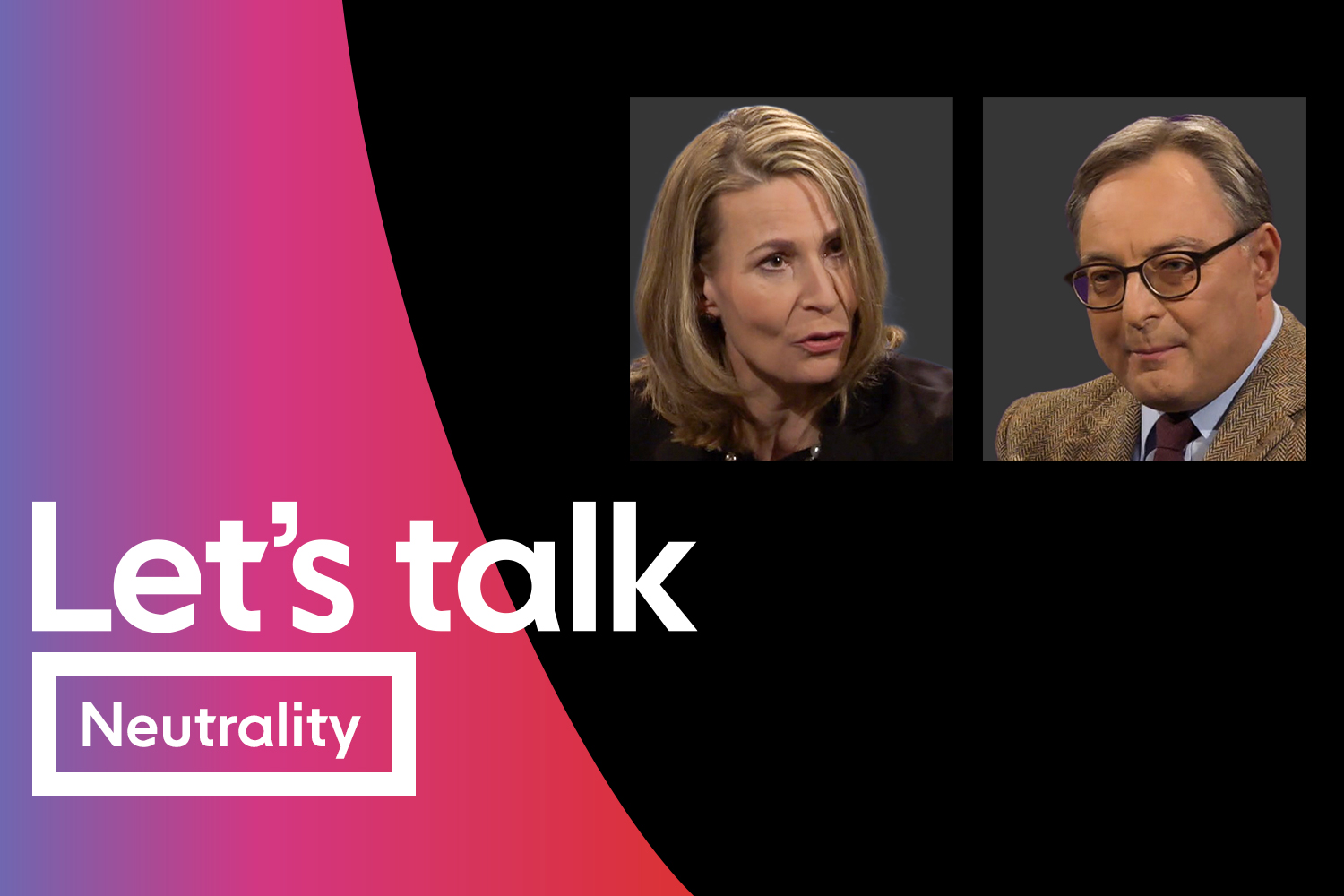
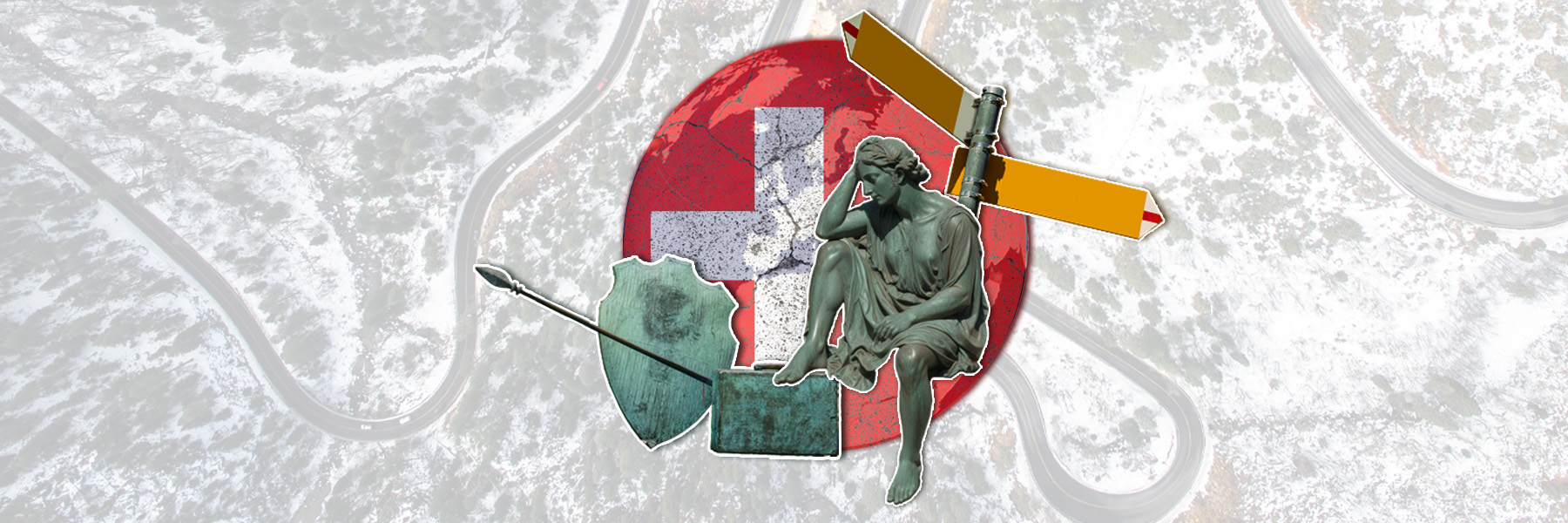
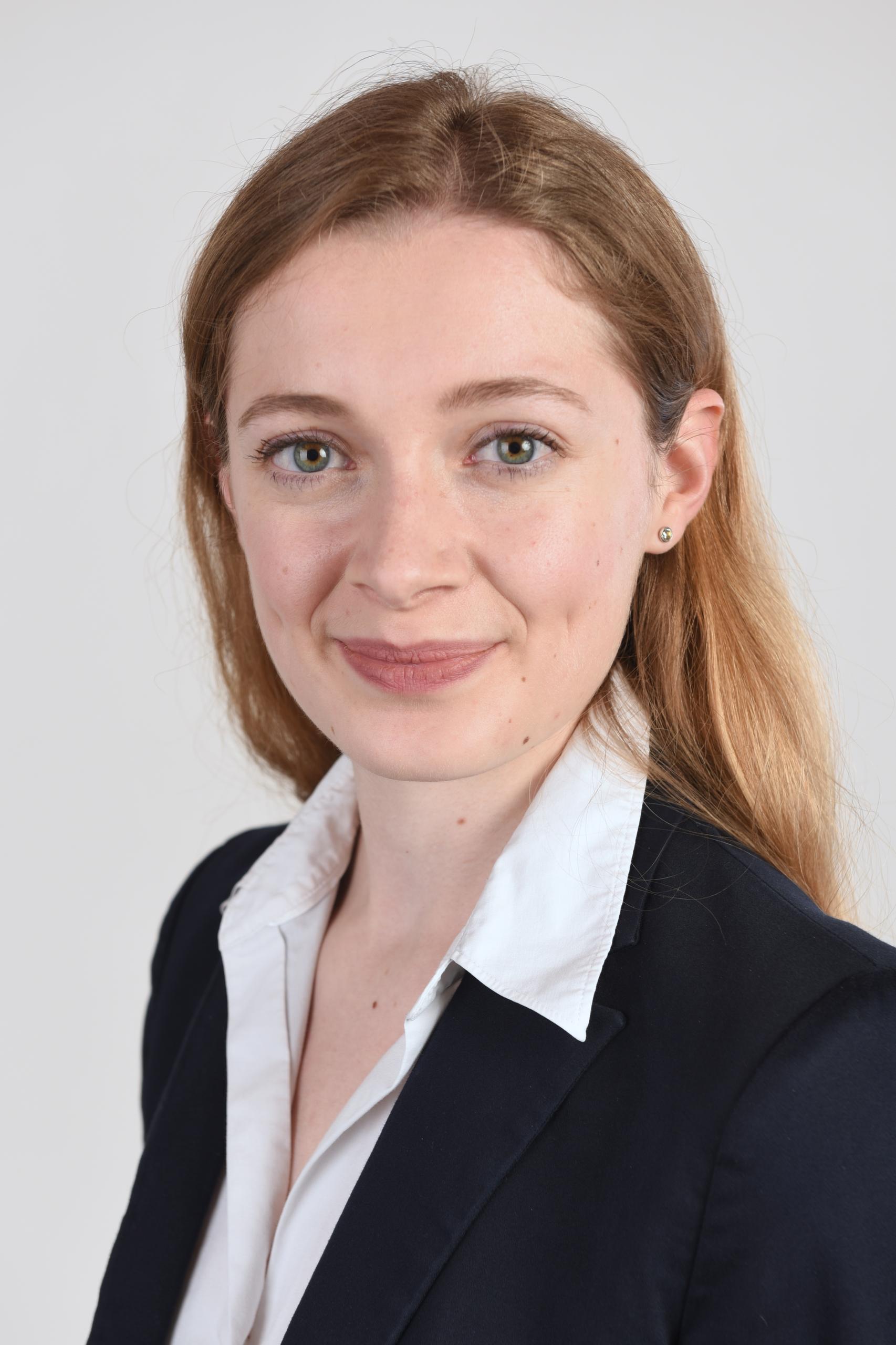
You can find an overview of ongoing debates with our journalists here . Please join us!
If you want to start a conversation about a topic raised in this article or want to report factual errors, email us at english@swissinfo.ch.